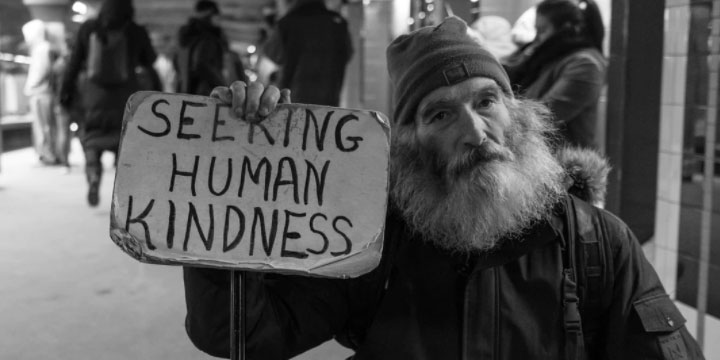
Steve Ahlquist’s clear description of his progressive beliefs on homelessness is a valuable contribution to consider.
Too often our reaction to ideas with which we disagree is to mock them or to dismiss them from the conversation. Although the impulse is understandable, and I’m certainly guilty of it, doing so is a mistake. Listening is how we understand, not only as a check on our own biases, but also as a step toward persuasion.
So, take a moment to consider a clearly stated Twitter thread from Steve Ahlquist of Uprise RI (beginning here) reacting to the City of Providence’s clearing of a homeless encampment:
When we think of this small unhoused encampment in Providence currently under siege from city officials who just want it to go away – realize that this is an act of political resistance.
Just admitting the problem is a radical act. Not being ashamed of your circumstances and refusing to hide – is a radical, courageous act. Demanding to be treated like a person, when society deems you worth less – is a radical act.
The unhoused are a challenge to capitalism in the same way evil is a challenge to the existence of God. How can a perfect economic system unhouse people? How can an all powerful all good God tolerate evil?
Our modern church is capitalism, and the unhoused are inconvenient heresies, that inconveniently show our beloved system to be corrupt and failing.
Ahlquist’s progressivism is intrinsically connected with the atheism that made him locally known — so much so that one gets the sense that convincing him of his error with respect to religion would fix the error of his political ideology.
Put simply, evil is not a challenge to the existence of God; it is a challenge to a particular understanding either of God or of evil. This same objection applies precisely to Ahquist’s objection to capitalism. Firstly, nobody should claim that it is “a perfect economic system,” only the best that we can do as flawed humans. Secondly, an economic system is only a component (i.e., the “how” of our interpersonal transactions) in the broader socio-cultural system, and mistaking a part for the whole is always an error, whether done by its advocates or its critics.
At its core, free-market capitalism merely proposes that we do best when we recognize that prices are just an expression of value and utilize money as the means of transferring things of value (whether goods or services) from one person to another.
In this light, homelessness indicates a breakdown somewhere in the connection of what the homeless person values, how much value he or she is able or willing to generate for others, how much others value him or her intrinsically, and how much property owners value their real estate. (We see, here, a key advantage of capitalism, versus socialism, namely that it recognizes all parties as fully human and capable of agency and responsibility.)
Ahlquist is the one creating churches out of economic systems, because it isn’t capitalism’s role to solve social problems, but to bring them to light. It is the role of other social systems (notably religion) to solve the problems, and then engage with the economic system to implement the solutions.
Refusing to acknowledge these distinct lanes is why the homeless problem is as bad as it is in the midst of all our wealth (particularly in progressive cities). Trying to impose the values of a particular faction, with its particular way of understanding the universe, does not solve the underlying condition and often makes it worse.
